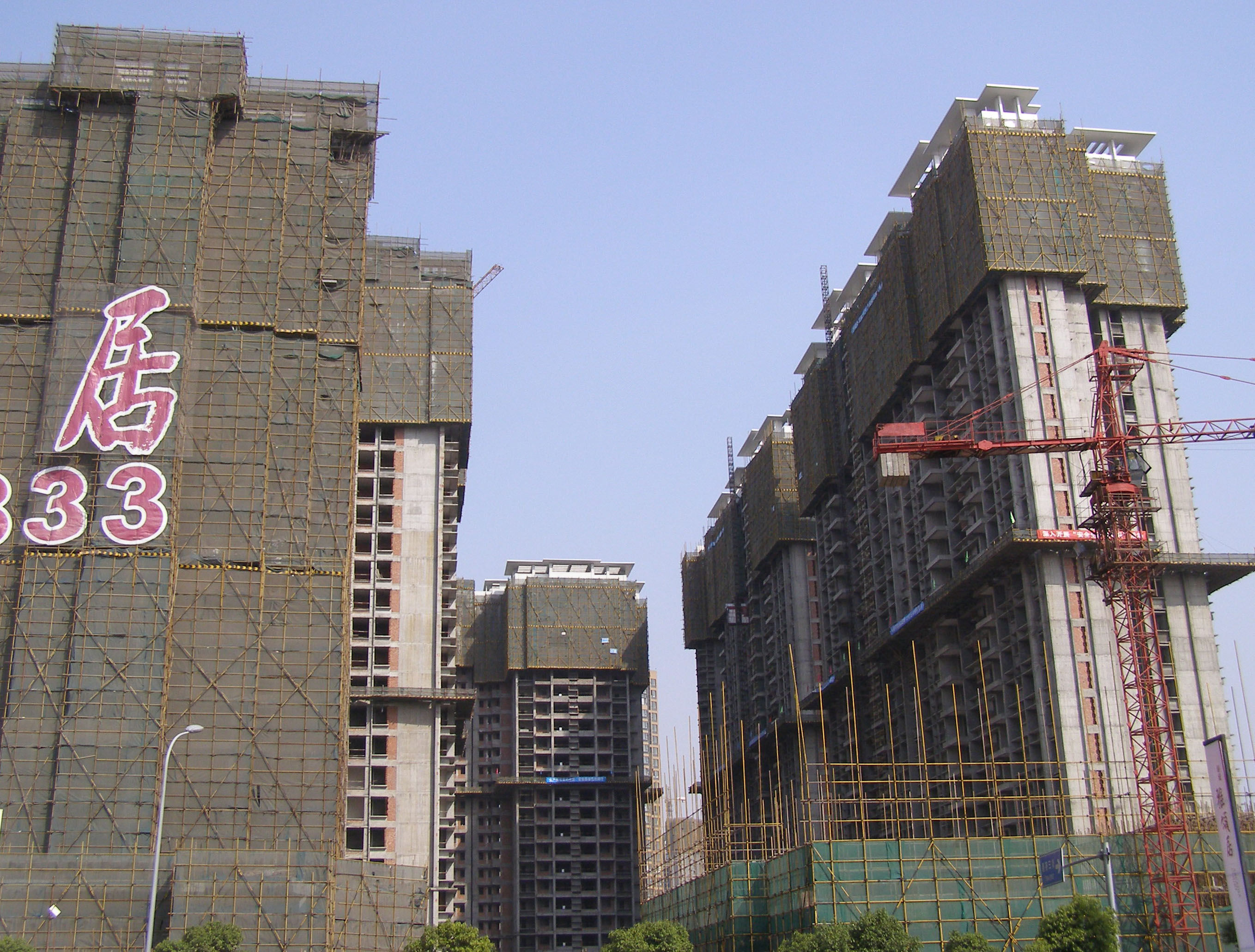On Poor Quality: Corruption and Construction in China
As someone who works in the building industry in China, I am often asked why the quality of construction of most new buildings is so poor. The people who usually ask are expatriates from places like Europe or America; rarely does someone native to China who hasn't spent time overseas pose the same question.
This perhaps has to do with the fact that building quality in China is relative. Most Chinese first-time home buyers moving into brand new housing tower blocks do not have the frame of reference to evaluate finish material quality. This is exacerbated by the fact most housing developers sell units as empty concrete shells, leaving it up to the owners to fit them out with finishes and fixtures.
This is not to suggest that the thousands of recently built high-rise towers across Chinese cities are on the verge of collapse. On the contrary, structural engineers in China tend to err on the side of caution when designing structural systems and from what I've seen on construction sites, they do not skimp on steel rebar reinforcing (especially here in Chengdu where the destruction from the 2008 Wenchuan Earthquake is still very fresh in memory).
The quality disconnect comes at the level of finish materials; both on the building's exterior and interior. Unfortunately, architects and designers have very little say in the final finish materials used in their projects in China. In the U.S., quality control is managed through the process of construction administration, where there is ongoing communication between the owner, general contractor, and architect during the construction process.
Architects practicing in the U.S. typically create what is known as a specifications ('spec') book to go along with a working drawing set, together which serve as instructions for the general contractor on how to construct the building. The level of detail in spec books varies, and final material selection is ultimately up to the general contractor and owner through bidding processes with building material suppliers. Yet architects maintain a say throughout the process through submittals (of material samples and shop drawings to the architect) and change orders. This creates a system of checks and balances between the owner, general contractor, and architect throughout the construction process leading to better quality control.
The process described above is virtually nonexistent for most new projects in China. One reason has to do with the fact that architects in China are still seen as 'big idea' guys rather than technical experts. During the construction phase, the representatives from architecture firms who go out to construction sites to check up on work are typically trained engineers, checking mostly for structural integrity. Designers looking for finish quality are usually not welcome.
The second, more widespread reason that construction projects do not follow strict communication protocols between interested parties is due to corruption. Construction projects require huge budgets and bank loans- by cutting corners here and there, developers and contractors can pocket large sums of money. This means skimping on things like wall insulation, substituting quality exterior and interior cladding materials for inferior ones, and even using cheaper plumbing and electrical equipment.
So in a sense, the complexity and lack of communication is by design. This observation is confirmed in a World Bank report about the construction industry in China, with one of the key challenges facing the industry being:
"The respective roles of the "employer", the "engineer", and the "contractor" need to be defined and separated. Current overlapping in the roles of owner, contractor, and engineer in government hampers the development of competitive bidding and effective contract management. The required separation in roles will require extensive training programmes."
Unfortunately it does not appear that this will change anytime soon. The real estate development business in China is still like the wild west, and developers who have long-term vision are not easy to come by. Most are still looking to make a buck as fast as possible before the frenzy slows down.
By the time this happens, this may be be a good thing for building integrity as upwardly-mobile Chinese families start demanding higher quality out of their living and working spaces.

